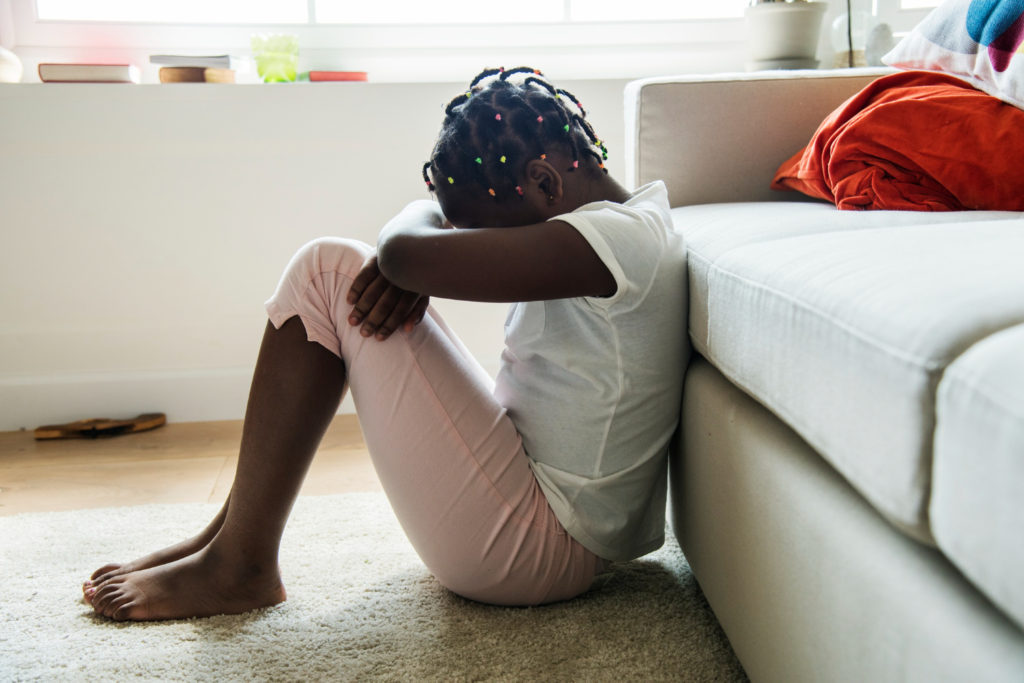
What causes depression in children?
It is commonly assumed that young people cannot suffer from depression. Children’s signs of depression are frequently dismissed as normal emotional and psychological development as they grow older. Depression in children, on the other hand, is possible, and they can experience sadness and worry that differ from their everyday problems.
A variety of factors can contribute to depression in children and teenagers. These are some examples:
· Loss.
· School can be stressful.
· Hopelessness in the early years as a result of family attachment issues.
· Being a witness to or a victim of violence.
· Sexual exploitation.
· Self-esteem is low.
· Peer issues.
· Long-term harassment.
A child’s depression may be caused by a single life event, such as their parent’s divorce or a family death, or by a series of events, such as bullying, academic struggles, and low self-esteem.
Inherited depression
It is estimated that 280 million people worldwide suffer from depression, and genes, environmental factors, and trauma can all play a role in depression in children. According to some studies, someone whose parent, sibling, or child has been diagnosed with depression is three times more likely to be diagnosed with depression in their own life than the general population. Bullying, academic difficulties, and a lack of self-esteem.
Signs of depression in children
Depression in children and adolescents can manifest itself in a variety of ways. These are some examples:
· Sadness persists.
· Listlessness and a loss of interest in previously enjoyed activities (for a minimum period of two weeks).
· Being undecided.
· Tired all of the time.
· Irritability or unusual grumpiness.
· Being less engaged with family members.
· Lack of self-assurance.
· Weight fluctuations (gaining or losing).
· Being unable to relax and feeling on edge.
· Speaking negatively about oneself.
Having suicidal or self-harming thoughts (or attempting these things).
Parents must look beyond the appearance of a child simply being ‘fed-up’ to determine if their child’s mood is truly flat, with negative comments such as, ‘Nothing goes right for me,’ ‘I don’t have any friends.’
Depression in children – what should your first steps be?
It’s understandable for parents or guardians to be concerned about their child’s depression symptoms. However, rather than being invasive or angry, you should try to take a gentle, supportive approach that is inquisitive and genuinely caring.
You can accomplish this by focusing on encouraging them to open up about how they’re feeling rather than solely on “cheering them up.”
Speak to your child without passing judgment. Simply encouraging them to “think positive” does not always work against the neurochemical changes in their brain that cause depression.
Listening is as important as talking, if not more important. This gives you a better understanding of what they’re going through and a new perspective on situations you didn’t question at the time. Listening to how your child describes their feelings provides insight into how they perceive the world around them, which is especially useful if they are very young. Children do not see things through adult eyes, so it may take your child describing a situation to you for you to see it through their eyes.
“Be there for your child and let them know you’re trying to understand their feelings.”

Recent Comments